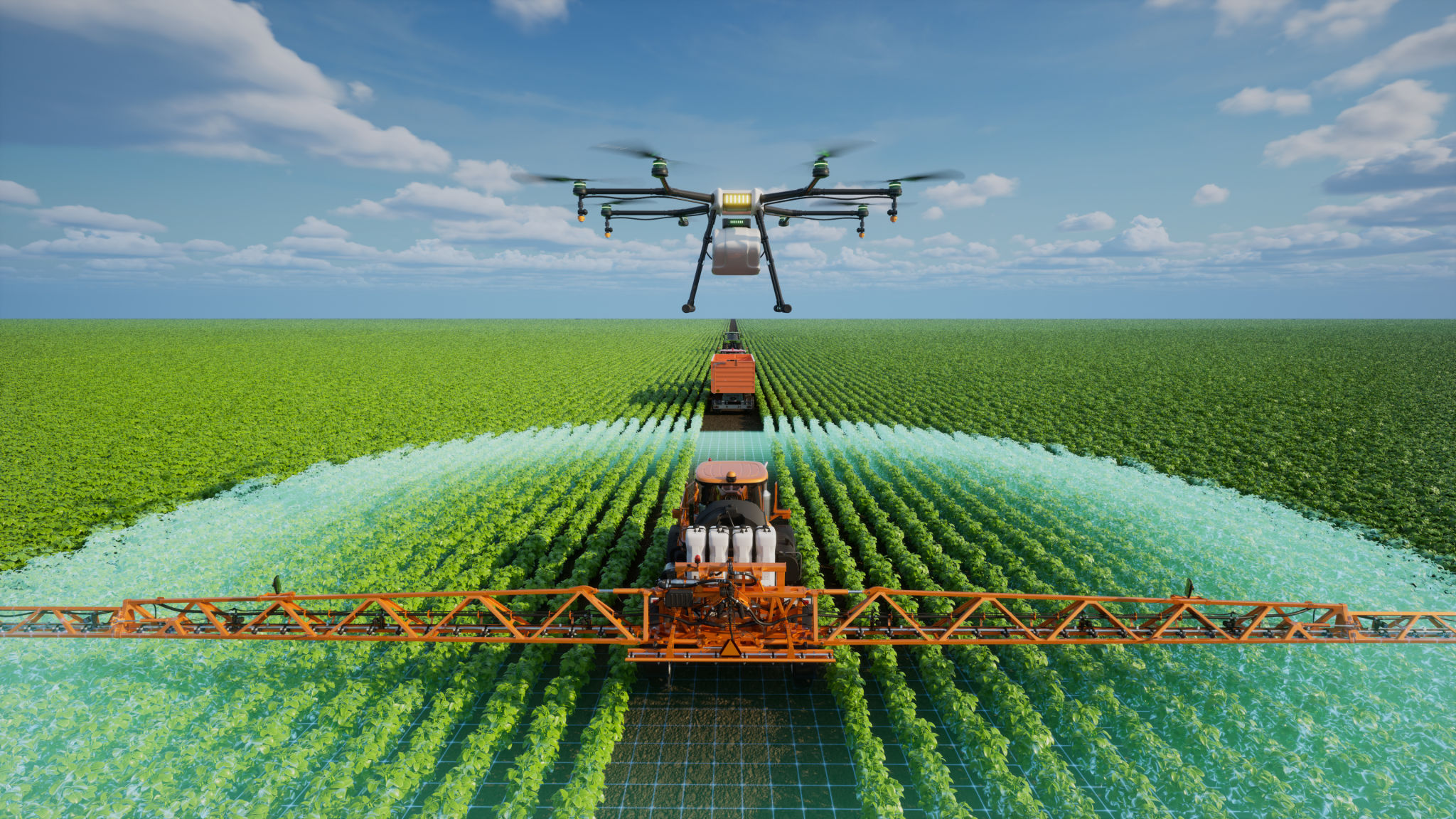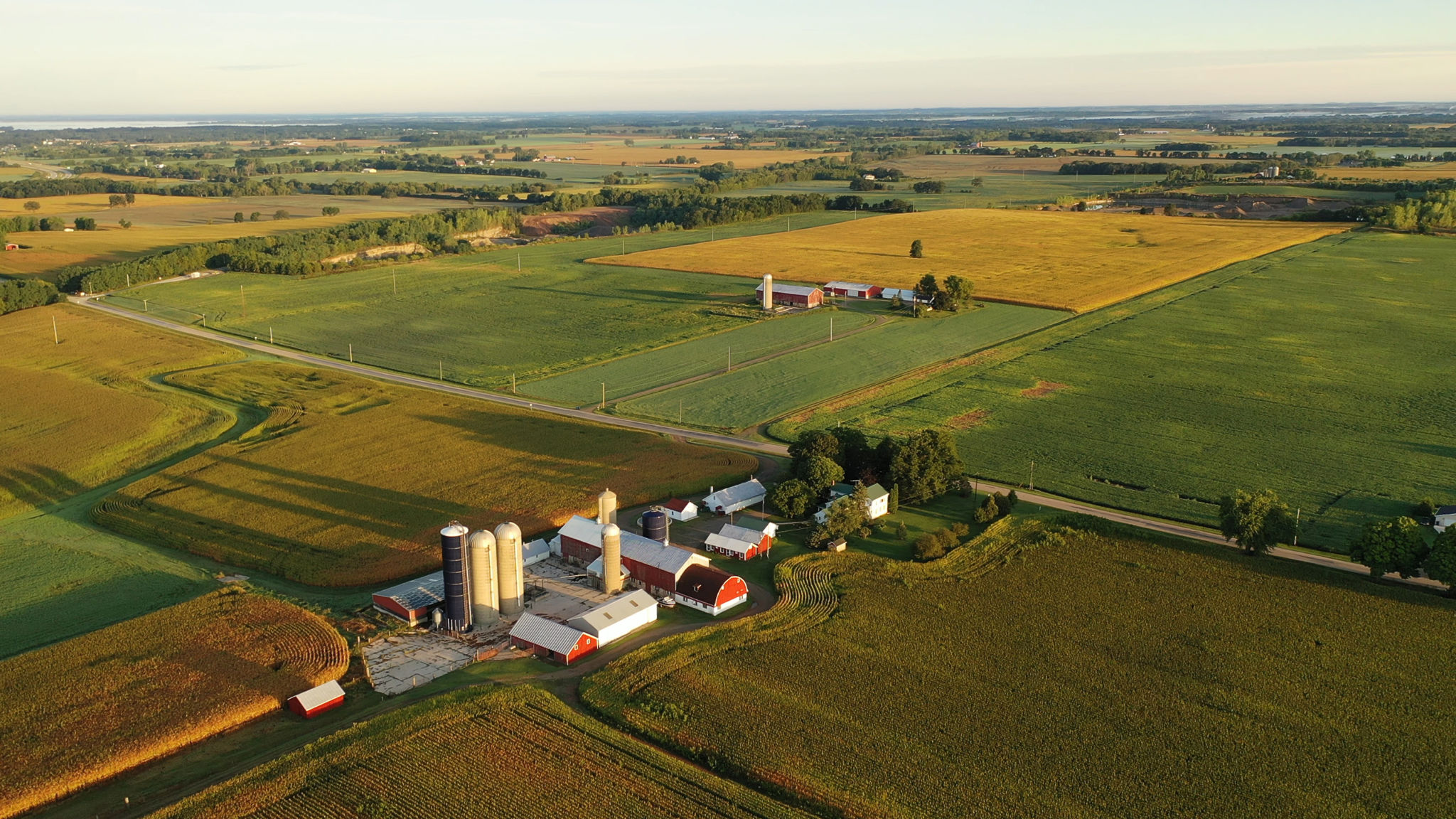Unlocking the Potential of Precision Agriculture in Illinois
Understanding Precision Agriculture
Precision agriculture is revolutionizing the farming industry by integrating advanced technologies to enhance crop yield and resource management. In Illinois, this approach is particularly promising given the state's rich agricultural heritage and diverse crop production. By leveraging tools such as GPS, remote sensing, and data analytics, farmers can optimize their practices, reduce waste, and improve overall productivity.
With precision agriculture, farmers in Illinois can tailor their management strategies to specific areas within their fields. This level of detail allows for more efficient use of water, fertilizers, and pesticides, ultimately leading to cost savings and a smaller environmental footprint. The adoption of these technologies is steadily increasing, driven by the need to meet rising food demands while maintaining sustainable practices.

The Role of Technology in Precision Agriculture
Technology is at the heart of precision agriculture. Innovations such as drones, satellite imagery, and IoT devices provide real-time data that farmers can use to make informed decisions. In Illinois, where weather patterns can significantly impact crop health, having access to up-to-date information is crucial.
Drones, for instance, offer a bird's-eye view of fields, enabling farmers to quickly identify areas that require attention. This rapid assessment capability is vital for addressing issues before they escalate into larger problems. Additionally, IoT devices placed throughout the fields can monitor soil moisture levels, helping farmers optimize irrigation schedules.

Benefits of Precision Agriculture in Illinois
The benefits of precision agriculture in Illinois are manifold. Firstly, it helps in increasing yields by ensuring each plant receives the optimal amount of nutrients and water. This precision reduces the likelihood of over-fertilization, which can harm both the crops and the environment.
Secondly, precision agriculture can lead to significant cost savings. By using resources more efficiently, farmers can reduce their input costs while maximizing output. This is particularly important in a state like Illinois, where agriculture plays a crucial role in the economy.

Environmental Impact
One of the most compelling advantages of precision agriculture is its potential to reduce the environmental impact of farming. By minimizing the use of chemicals and optimizing water usage, precision agriculture practices help preserve natural resources and protect local ecosystems.
This approach aligns with Illinois's efforts to promote sustainable farming practices. As more farmers adopt precision agriculture technologies, the state could see a significant reduction in agricultural runoff, leading to cleaner waterways and healthier communities.
Challenges and Opportunities
Despite its numerous benefits, adopting precision agriculture in Illinois is not without challenges. The initial investment in technology can be substantial, and there is a learning curve associated with mastering these new tools. However, government programs and agricultural organizations are increasingly offering support to help farmers transition to precision farming.
The opportunities for growth are vast. As technology continues to evolve, the potential for even greater efficiencies in farming becomes apparent. By embracing these advancements, Illinois farmers can position themselves at the forefront of the agricultural industry, ready to meet future challenges with innovative solutions.
In conclusion, unlocking the potential of precision agriculture in Illinois requires a combination of technology adoption, education, and community support. As more farmers embrace these practices, the state stands to benefit economically and environmentally, ensuring a prosperous future for generations to come.
